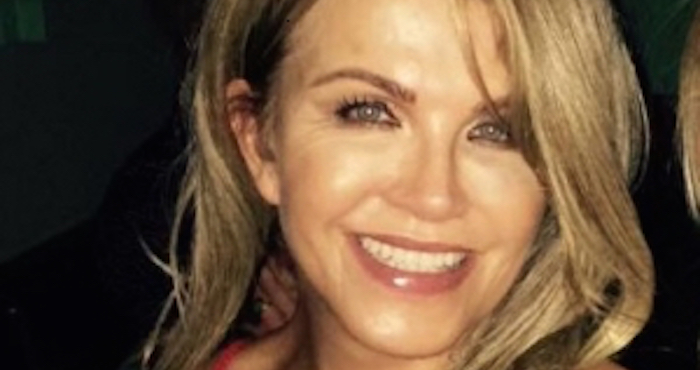
The news of Bruce Jenner’s supposed transformation into a woman has been circling for quite some time. Recent information has led to the assumption that, any moment now, we might see a statement or proof from the Kardashian/Jenner clans, confirming these rumours. What once seemed like useless gossip magazine chatter is now looking more and more like a factual story ready to break.As a sexologist and a person who has transgender friends and colleagues, I have been feeling uncomfortable with the way this story has been covered in the media thus far. It seems to be painted as just another freak show from Hollywood. Some of that coverage may be due to the fact Bruce is part of a famous (or infamous, depending how you look at it) family who, on many occasions, is the laughing stock of the world. But also likely is the fact that those covering the story are ignorant of the facts and merely looking for sensationalised fodder to fill their pages. In the end, their aim is to sell magazines, not produce a story that is sensitive to the topic or the transgender community.
Let’s just say the media are not the best at dealing with delicate topics such as this. I have been fearful that their inability to educate and, instead, present mindless gossip and rumours (and degrading Photoshopped images) as fact has only been serving to further marginalise the transgender community. It also places the general public in a position of ignorance, feeding into the myths that surround trans men and women.
I have begun to receive requests to talk on this topic and, even though I am an expert in human sexuality, I have never experienced first-hand what it’s like to change genders. But I do know someone who does. When the idea was originally pitched to a media outlet to have a conversation with a trans woman, to not only explain what happens but also what Bruce might be going through, the response was one of uncertainty. The media outlet was fearful over putting this to air. Media may be playing it safe, but thanks to the Internet but my aim is to give you the information you need to make an informed opinion. The one great benefit to this story gaining so much media converge, is conversation like these that are able to be had around trans issues.
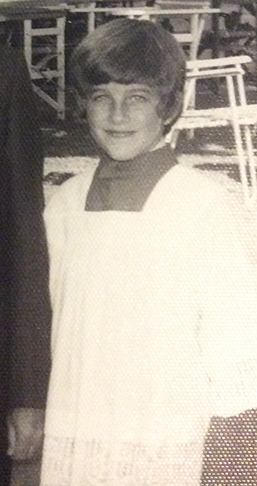
I met Peta a few years back when she became my facialist. She has a very successful business (Will and Peta) in Sydney’s Eastern Suburbs that many of you may be aware of or are current clients. I was told before I started seeing her that she was a transgender woman, but in the first few sessions, not a word on the matter was said. She also knew what I did for a living and I could sense her wanting to ask questions but was also fearful. One day, we had a very honest conversation mid-facial about everything from surgeries to sex and I have felt so privileged that such a wonderful woman and role model has confided in me and taught me more about what it’s like for someone to finally have the freedom to identify as who they really are.
I have learnt so much from my friendship with Peta. She has been open and honest about her struggles and her triumphs, and also taught me what it means spiritually to have the right to an identity, which most of us take for granted. I admire her because she has the courage to stand up and be honest about who she is – something I wish many others would have the courage to do, even those who don’t require surgery to achieve it.
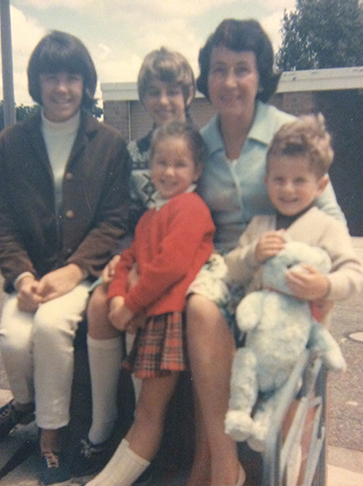
Peta is a glamorous, sexy, attractive woman. She is always perfectly presented and ambitious to keep succeeding in life. I don’t see her as anything but a woman and that might have something to do with the fact I never knew her as a man. I asked Peta to sit down with me once again and answer some questions I felt were important for those who do wish to educate themselves. I want to present an alternative view to the negative, sensationalised celebrity gossip. I’m always happy to give my opinion (we all know that by now) and comment on topics such as this, but it’s people like Peta and their stories that I really want to hear.
We live in a society that is rapidly advancing and with that comes a greater acceptance and support for people who wish to find where they truly belong in the world. But it’s time the media kept up. So here is Peta’s story and her opinions on the Bruce Jenner supposed transitioning. Please note that I will continue to refer to this as a “supposed transformation”, as Bruce himself has not clarified this and, until he does, I will not buy into rumours and gossip. It is up to the individual to declare what their identity is when they feel it’s the right time. Here is Peta’s story:
When did you know something was different?
As a child (I was born in 1961), I was designated as a male at birth, and I never thought to question that. I never felt there was any other option. I felt this was the life I had been dealt. As a child, you fill your life with games and school and friends and you live a non gender-specific existence. Back then, maybe, it was a bit different to current society. Yes, I played with dolls and girls at school but that felt natural. I never felt there was anything wrong with me because I was expressing my femininity in a way that felt natural.
However, once puberty hit, the pressures of identify as a male and acting a certain way became more ingrained by society and family. And when you don’t live up to those expectations, you feel as though you’re out in limbo and I didn’t understand why I wasn’t the same as everyone else. When I started at an all-boys school, I became mentally and emotionally out of control. The “aha!” moment came when I was 21. I was in the David Jones book department and I picked up a book called April Ashley’s Odyssey, I read the back cover, which said it was the true story of England’s most famous transsexual and the penny dropped. I looked at the photos of this beautiful, glamorous woman and that was the first time I realised that life was possible (the life of a transgender woman). From that point, I was never able to look back.
Do you think Bruce Jenner’s potential transitions in the public eye might have a similar impact on a younger generation, who are looking for some form of permission?
I think that any platform to talk about this subject and get information out there is good, provided it is handled correctly. My concern arises with the fact that Bruce Jenner is a member of the Kardashian franchise, who have put their lives on public display to be dissected and to, ultimately, become a commercial product. What we have seen so far in the media’s reporting is total disrespect about his apparent transition. This is offensive to all transgender people on so many levels. And if it was to continue like this, it might force people back into the closet. At the end of the day, all these transgender people are looking for is an identity. It’s not about boobs and wearing women’s clothes. We just want to be ordinary women and to get on with our lives. We want to be treated with the same respect as a genetic female.
When the media is talking about this issue, what is the appropriate terminology they should be using?
I think it’s very important for any member of the media to ask how that person would you like to be identified. They need to give the person an opportunity to say, “I identify as a trans-female, trans-male etc”. I find the word “tranny” offensive if it’s used in a derogatory and insulting context. I often use the word, but I have fun with it and I’m very comfortable with who I am and where I come from.
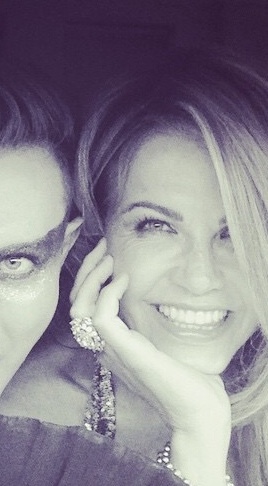
What was your process of transitioning?
When I had my “aha!” moment at the age of 21, I had no idea about the journey that was before me. I had realised who I was, however, the journey from male to female is a very difficult one. It’s a very physical journey. It’s a journey that you can try to take your family and friends on with you, but not everyone will stand by you. No one would choose this life and nothing could have prepared me for some of the hardships and challenges that I had to go through. It took me from the age of 21 until the age of 36 to finally say: “this is who I am and I have to live like this”. There is no choice for me now; I have to live as a woman.
Between the ages of 21 to 36, I lived in limbo between a man and a woman. It was incredibly hard and so lonely. It was a confusing time because my body was producing testosterone, saying you are man, and I was taking all these pills and medication to suppress that and trying to build up estrogen levels – my body was at war with itself. At the same time, you’re trying to make your way though life, build a career and friendships and try to maintain some sort of normality. I went back from man to women so many times, and wasn’t until I was 36 that I said to myself, “enough is enough, this is your life, lets do this once and for all”. It was then, at the age of 39, that I had my gender reassignment surgery in Thailand. I woke up form the operation with an incredible sense of knowing and a sense that I was right all along. Laying there, I was in pain but just had this sense of contentment and the words just washed over me: “this is who I am and I was right all along”. I was right about my identity as a woman. It was a wonderful feeling and a sense of joy washed over me and has been with me ever since. I didn’t realise what a spiritual shift I would have or the joy and happiness I would feel from then on.
What is involved in the operation transitioning from male to female?
Before surgery you are required to be under the care of a psychiatrist and to live as a woman full-time for 12 months leading up to the operation. Hormonal treatment is part of this process as well. It’s not as simple as waking up one day and deciding you want to be the other gender. There is a process involved and there is a huge period of adjustment before and after the operation.
Surgically, they used the penile skin and scrotal skin to construct a vagina, retaining the sensitive tip of the penis to create a clitoris in order to achieve an orgasm, although, this it not always guaranteed. The vagina canal is constructed using the scrotum skin and requires to be dilated to keep it open for the rest of your life. Which means that, on leaving hospital, you are given a set of six dilators, which you are required to use 3–4 times a day and then every few days thereafter to keep it open to maintain vaginal depth. As the vaginal canal has been constructed from scrotal skin, it is not self-lubricating, as with genetic females, so lubricants need to be used.
How did family, friends and those around you react when you returned from Thailand?
My friends were fantastic, and my two sisters were really good, but my parents have never accepted my choice. They will never accept or identify me as a woman and as their daughter, so we no longer have a close relationship. I’m not invited to family weddings, birthday and funerals. I might see them once a year and sometimes just a wave or nod from a far.
What about your romantic life?
I really want to stress to people that gender and sexuality are two totally different things. You can transition from male to female and still seek out women as your sexual partner. And, therefore, identify as a lesbian transgender. So far, as my own romantic life is concerned, I can only say I’ve now become another single, middle-aged woman searching for Mr Right. I am 53, and my ultimate dream is walking down the aisle in a big white dress. I do date and it is my choice prior to or during the first date to inform these people of who I am. Everyone handles it differently. Sometimes before I go out on a date with someone, I do inform that person of the situation. It’s my way of sussing them out and seeing how open-minded they are. There are some people who are able to love a person for who they are on the inside, regardless of their gender or past gender. But the men/women who do love these trans-men and -women should not be shamed by society and labelled as “tranny-chasers”.
What about those who choose not to have the full surgery?
It comes back to identity and it’s a personal decision. Some people choose not to have the surgery because they don’t feel they need it in order to identify as a woman or a man. Gender is not about the external genitalia; it’s about how you feel on the inside and how you self-identify.
My advice for those who are struggling with their identity would be to be educated and informed on all aspects of transitioning. Make sure you have realistic expectations, build a full life, pursue a career, maintain solid friendships, look after yourself and respect your body and your health. At the end of the day, your gender is one aspect of what makes you a person. It helps to have really strong role models [Peta raises her hand for that job] to guide your decision-making. For those around someone who is struggling with identity issues, my advice is to just love them. Whether it’s a family member or a friend, just love them and give them the opportunity to express themselves, however that may be. This is one of the hardest things someone will go through. You don’t have to understand it.
What’s the most common question people ask you?
Fifty per cent of the questions I am asked are inappropriate, and a normal genetic female would not be put in this position. Some these questions are: Have you had the sex-change operation? (Yes, I’ve had bottom and top surgery – I always wanted to rock a bikini.) Can you have an orgasm? (Like most women, I’m still trying.) What kind of men do you sleep with – gay men, straight men? (Hot-looking men with good bodies, like any other woman.) What’s your relationship like with your parents? (I have answered it above, but normally would tell someone it’s none of their business.) What toilets do you use? (Clean ones.) Once you declare yourself as transgender, people think it’s public fodder, but it’s not.
What are your thoughts on trans-children, and parents allowing their child to live as the gender they identify with, instead of their gender at birth?
These days, children do understand and are exposed to so much more, as we have seen on the ABC’s Four Corners recently (http://www.abc.net.au/4corners/stories/2014/11/17/4127631.htm). There are some forward-thinking parents allowing their children to express themselves and identify as the gender they seem fit, not the role designated at birth. The children these days have access to so much information on the internet, it’s not unusual now for a child to go to their parents and say, “this is who I am and this is how I want to live my life. I feel I have been born in the wrong body”. Puberty can be a very difficult time for teens in general, let alone struggling with gender identity. I’m in full support of those organisations and parents providing beta-blockers to slow down or stop the process of puberty until they’re 16 and able to begin taking hormones. Imagine being born a genetic male and identifying as female and, at puberty, growing facial hair, body hair and experiencing a deepening of your voice. It’s a very traumatic period for a young trans person to go through.
Where do you think society is going with trans issues?
I’ve seen an amazing shift happen in the last two years. With transgender crusaders such as Laverne Cox, Carlotta, and Chaz Bono bringing these issues into the mainstream. There is an incredible shift in society’s attitudes towards us and, now with TV shows like Transparent, it’s affording us another opportunity to educate, inform and entertain. I personally feel it’s an exciting time for trans rights and trans education.
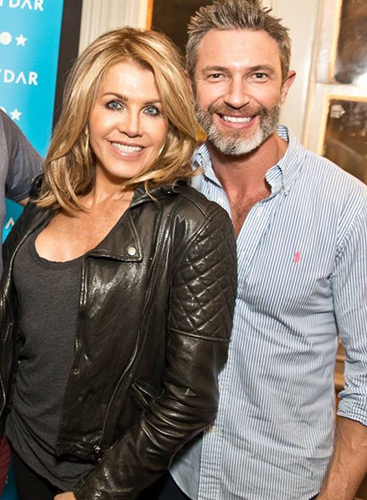
Do you have advice for Australian media who are covering this story?
Do your homework and approach the subject from a respectful and educational platform. This is a person (Bruce Jenner) who is going through one of the most difficult things any individual can go through in their life – and he’s doing it in the public eye. No matter how he chooses to self-identify in the future, he deserves respect, and I think it takes great courage. I saw something online the other day that said: “Just when the Kardashians couldn’t get any freakier, Bruce Jenner is transitioning to become a woman.” That’s an insult to the transgender community, because we are not freaks. A person’s right to self-identify is one of the strongest aspects in life, and when the media makes a mockery of a person’s identify, they take away a basic right.
In retrospect, I do feel so blessed with my life. I feel being transgender has been a positive thing in my life, despite the hardships. I believe I am the person I am today because of my experiences and I feel incredibly blessed.
I’d like to thank Peta for sharing her story and her thoughts and I hope that those who are interested in this topic or who hear something mentioned in the media and want to know more, do go out there and investigate further. If you are interested to know more please visit http://www.gendercentre.org.au
Peta is also happy to share her story on other platforms and discuss the very public Bruce Jenner supposed transition. If you would like to get in touch with her, please email me nikki@drnikki.com.au and I will put you in contact.


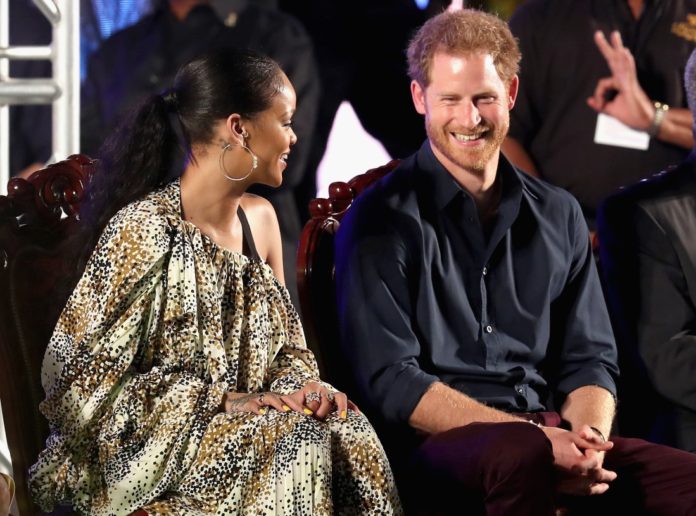
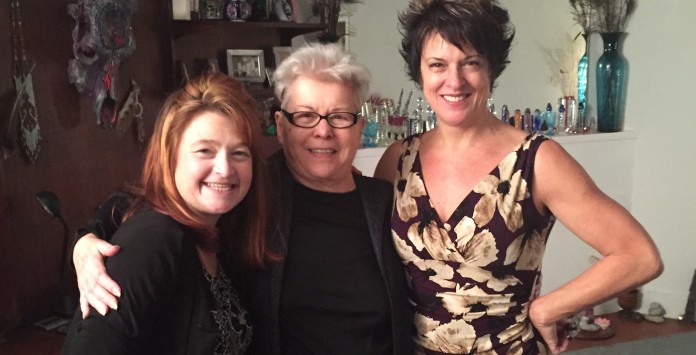
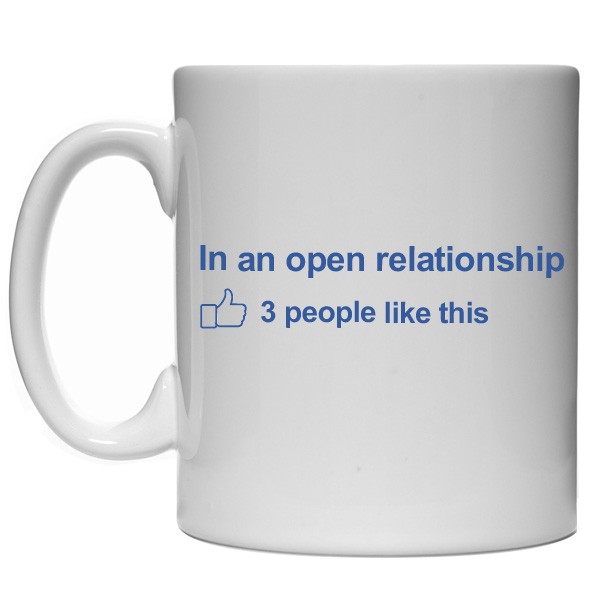
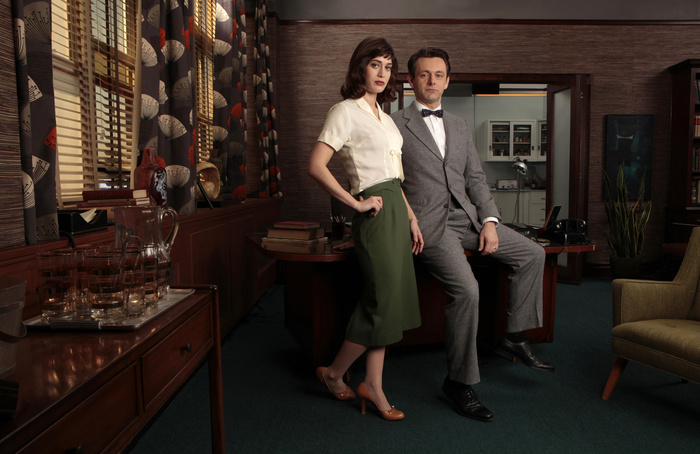

Leave a Reply